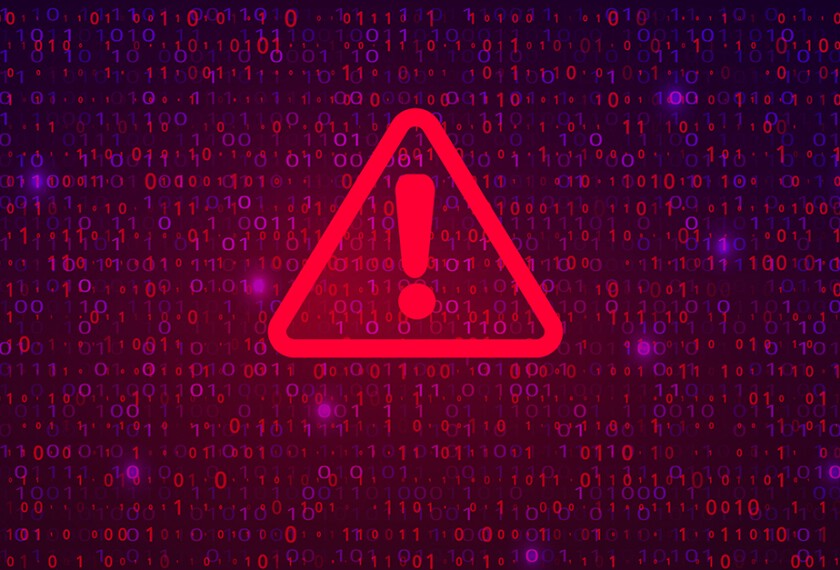It’s getting increasingly complicated to keep students safe at school, especially as technology becomes more widely used in the classroom and for personal communication. Policies to keep students safe in the digital age are often crafted with painstaking detail to allow for a range of scenarios.
But as this commentary piece in Sunday’s Washington Post describes, the rapid pace of technology and trends in how it is used among young people make it difficult to keep up. And there’s always the potential that such policies will have unintended consequences.
Ting-Yi Oei, a school administrator in a Northern Virginia school district, describes his ordeal after being indicted on child pornography charges. While he was investigating a case of “sexting,” in which cellphone users text nude photos of themselves to others, he had one teenager send the evidence, a provocative photo of another student, to his own cellphone so he could transfer it to his office computer as the principal instructed.
His problems started essentially because of his lack of tech savvy.
“I immediately took the picture to the principal, who instructed me to transfer it to my office computer in case we needed it later. Being unfamiliar with camera features on cellphones, I asked the school’s technology resource teacher for help, but he didn’t have an immediate solution. The student then said that he could text the picture to my cellphone. That left the problem of getting it to my computer, whereupon the boy said that I could send the picture to my school e-mail address.”
All the charges in last year’s incident were recently thrown out of court. But it is not likely to be erased from the educator’s memory.
As more cases of sexting are coming to light, however, other serious consequences are arising. Some teens are being charged with crimes for sending each other nude photos. I’ve read of cases where the offending teens may be required to register as sex offenders.
Earlier this month, Vermont lawmakers proposed making sexting legal between consenting teens, according to this news story.
Are other state and local lawmakers giving school leaders guidance on this issue? How should these kinds of cases be handled by school administrators and teachers?




